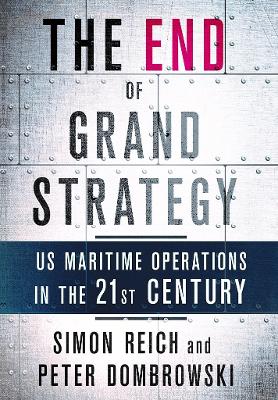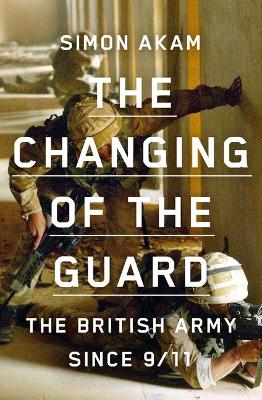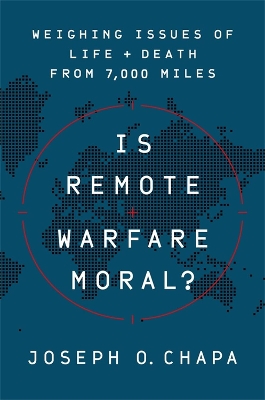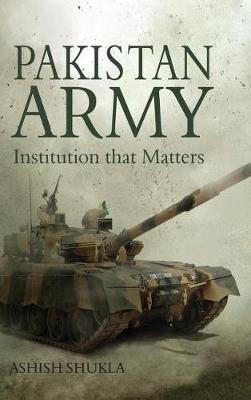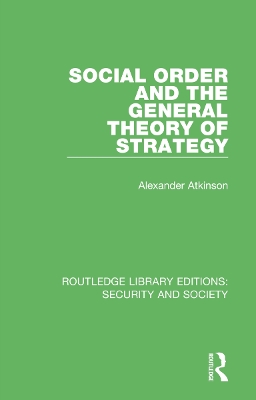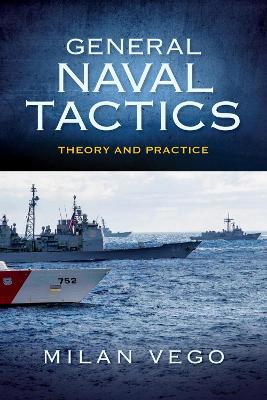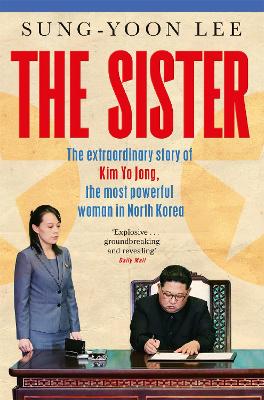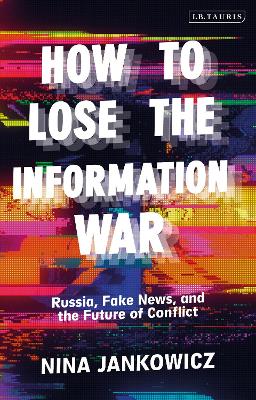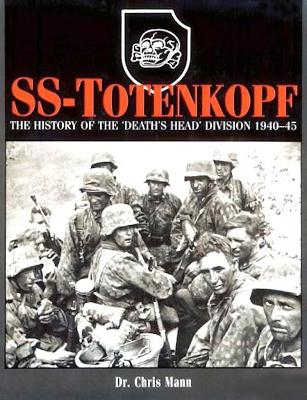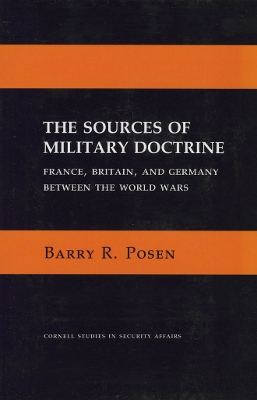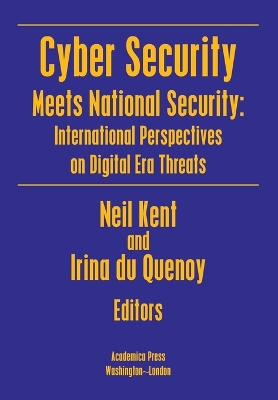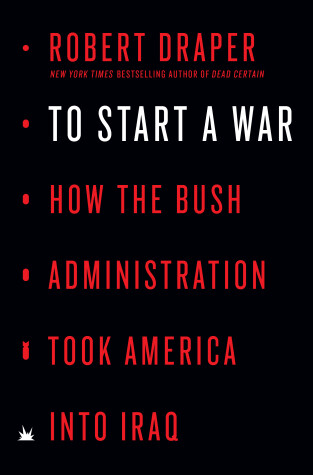In The End of Grand Strategy, Simon Reich and Peter Dombrowski challenge the common view of grand strategy as unitary. They eschew prescription of any one specific approach, chosen from a spectrum that stretches from global primacy to restraint and isolationism, in favor of describing what America’s military actually does, day to day. They argue that a series of fundamental recent changes in the global system, the inevitable jostling of bureaucratic politics, and the practical limitations of fie...
Improving Gender Diversity in the U.S. Coast Guard
by Kimerly Curry Hall
Who is Pete Buttigieg? The mayor of South Bend, Indiana emerged from relative obscurity to become a serious contender for president of the United States of America. Is he the right foil for Donald Trump? Mayor Pete Buttigieg has raised seven million dollars and captivated the nation in media and at town halls during his short time as candidate for president of the United States. He's a veteran of the war in Afghanistan as a lieutenant in the Navy Reserve, a Harvard graduate and Rhodes scholar,...
Joseph O. Chapa, with unique credentials as Air Force officer, Predator pilot, and doctorate in moral philosophy, serves as our guide to understanding this future, able to engage in both the language of military operations and the language of moral philosophy.Through gripping accounts of remote pilots making life-and-death decisions and analysis of high-profile cases such as the killing of Iranian high government official General Qasem Soleimani, Chapa examines remote warfare within the context...
The Future Security Environment: Why the U.S. Army Must Differentiate and Grow Millennial Officer Talent (Carlisle Papers)
by Michael J Arnold
In the summer of 2006, Colour-Sargeant Kailash Limbu's platoon was sent to relieve and occupy a police compound in the town of Now Zad in Helmand. He was told to prepare for a forty-eight hour operation. In the end, he and his men were under siege for thirty-one days - one of the longest such sieges in the whole of the Afghan campaign. Kailash Limbu recalls the terrifying and exciting details of those thirty-one days - in which they killed an estimated one hundred Taliban fighters - and inters...
Social Order and the General Theory of Strategy (Routledge Library Editions: Security and Society, #1)
by Alexander Atkinson
Is there a place left in international politics for the real use of violence as an instrument of policy in the nuclear age? Originally published in 1981, Dr Atkinson attempts to answer this question with new considerations in the presentation of a general theory of strategy. He argues that the classical theory of strategy, so influential for the 19th century and for the better half of the 20th century, was built on a mainly hidden structure of reasoning that still infests theory today. The large...
In General Naval Tactics, Naval War College professor and renowned tactical expert Milan Vego describes and explains those aspects of naval tactics most closely related to the human factor. Specifically, he explains in some detail the objectives and methods/elements of tactical employment of naval forces, command and control, combat support, tactical design, decision-making and planning/execution, leadership, doctrine, and training. Vego derives certain commonalities of naval tactics that occurr...
In Standard Operating Procedure, Philip Gourevitch (author of We Wish to Inform You That Tomorrow We Will Be Killed With Our Families ) and Errol Morris (director of The Fog of War) have produced the first full reckoning of what actually took place at the now-notorious prison camp in Iraq. Here are revealed the stories of the American soldiers who took and appeared in the haunting photographs from Abu Ghraib that shocked the world. Drawing on Errol Morris's startlingly intimate interviews bot...
Recent years have seen the dramatic rise of a young woman called Kim Yo Jong in North Korea. Stomping the world stage from the shadows of her secretive state, she is creating headlines and fevered speculation about her role and her future. She is the sister of Supreme Leader Kim Jong Un and, as her murderous regime’s chief propagandist, internal administrator and foreign policymaker, she is the most powerful woman in North Korea’s history. Cruel but charming, she threatens and insults foreign le...
Since the start of the Trump era, the United States and the Western world has finally begun to wake up to the threat of online warfare and the attacks from Russia, who flood social media with disinformation, and circulate false and misleading information to fuel fake narratives and make the case for illegal warfare. The question no one seems to be able to answer is: what can the West do about it? Central and Eastern European states, including Ukraine and Poland, however, have been aware of the...
The divisions of the Waffen-SS were the elite of Hitler's armies in World War II. SS-Totenkopf is an in-depth examination of one of the most famous - or rather, infamous - of these divisions: the 'Death's Head' division. The book explores the background to the unit's formation from the early concentration camp guards; the men it recruited and the level of brutalisation to which they became accustomed; the key figures involved in its history, such as Theodor Eicke, its founding commanding officer...
The Sources of Military Doctrine (Cornell Studies in Security Affairs)
by Barry R Posen
Barry R. Posen explores how military doctrine takes shape and the role it plays in grand strategy-that collection of military, economic, and political means and ends with which a state attempts to achieve security. Posen isolates three crucial elements of a given strategic doctrine: its offensive, defensive, or deterrent characteristics, its integration of military resources with political aims, and the degree of military or operational innovation it contains. He then examines these components o...
Today more than ever, the line between national security and cyber security is becoming increasingly erased. As recent attacks on US infrastructure show (for example, the oil pipeline hack of 2021), nontraditional threats ranging from hacking for the purposes of extracting ransom to terrorist communications online are emerging as central to national threat assessment. In an innovative fashion that allows for the comparison of approaches to this nexus in the developed and developing countries his...
After the conservative Arab Gulf Monarchies - Bahrain, Kuwait, Oman, Qatar, Saudi Arabia and the United Arab Emirates (UAE) - joined forces on 25 May 1981 within the Gulf Co-operation Council (GCC), few fathomed that security requirements on and around the Arabian Peninsula would be so precarious and for so long. To answer their search for permanent stability, Arab Gulf rulers erected a regional alliance that sought to integrate internal and regional defences, as well as strengthen their existin...
This work examines the development of the ideas behind the theory of interdependent economic, political and military relations with the nations of Central America. It considers how policy-makers defined interdependence and how they went about accomplishing their goals.
Dominant narratives about the changing character of warfare and the revolutionary effect of technological advancement lack nuance and can ultimately be detrimental to the development of a defence capability fit for future purpose.
One of BookPage's Best Books of 2020 “The detailed, nuanced, gripping account of that strange and complex journey offered in Robert Draper’s To Start a War: How the Bush Administration Took America Into Iraq is essential reading—now, especially now . . . Draper’s account [is] one for the ages . . . A must-read for all who care about presidential power.” —The Washington Post From the author of the New York Times bestseller Dead Certain comes the definitive, revelatory reckoning with arguably th...
